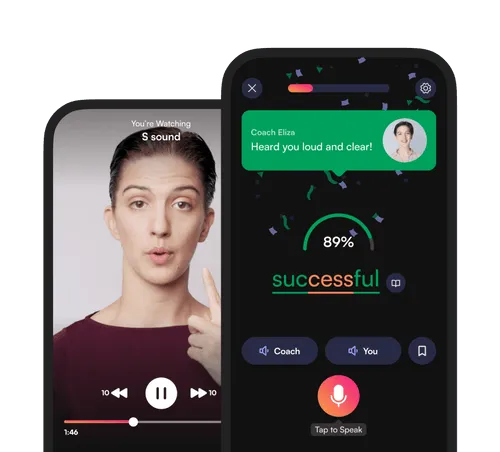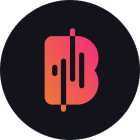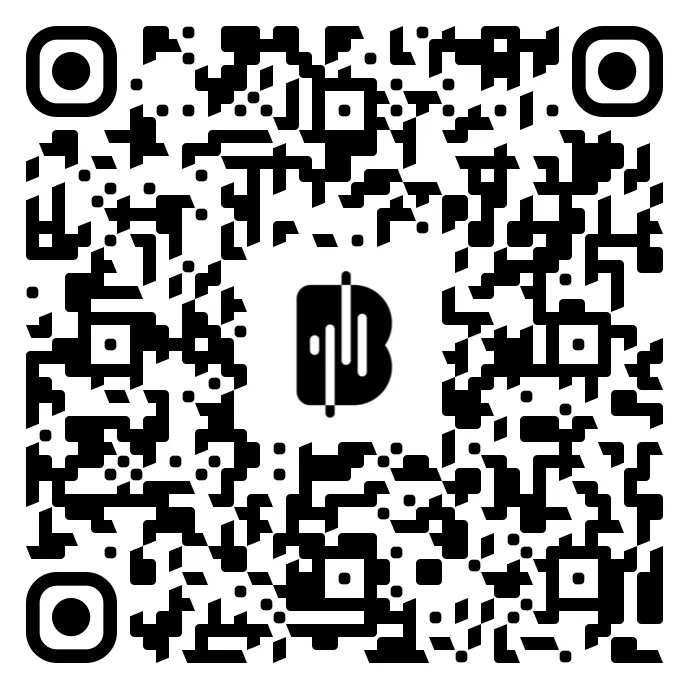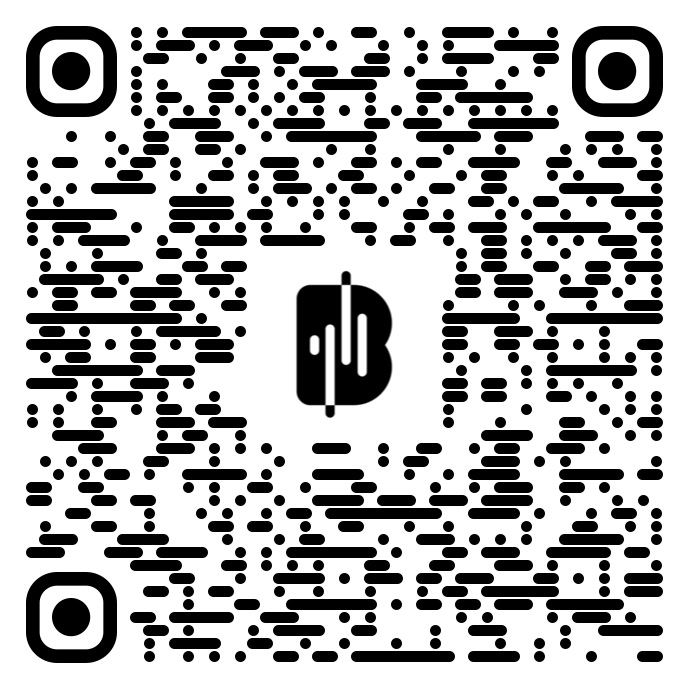As you learn English, the tools and resources you choose are key factors that contribute largely to your success.
The right tools will motivate you, suit your level, and accelerate your progress. Apps , in particular, have become largely sought-after tools for many English learners.
Apps provide a flexible and accessible way to study English and are particularly helpful for non-native speakers who need to integrate learning into a busy schedule, making learning more effective without the need for physical learning partners.
With a wide array of English learning apps to choose from, we've selected the 10 best options to replace or supplement your English courses and act as your English language partner. Without further ado, let's explore your options!
1. BoldVoice BoldVoice stands out as a premier English language learning app, especially for refining your accent and boosting communication skills. With targeted problem sound lessons that pinpoint your specific pronunciation challenges and which are customized to your native language, BoldVoice is built to help you address those hard-to-master sounds .
The app’s featured idioms and focus words bring an extra layer of fluency, introducing you to phrases and vocabulary that add polish to your speech. The interactive practice elements—such as roleplaying, speech recording, and self-assessments—offer hands-on practice that’s both engaging and effective. Plus, instant feedback is provided after each exercise, helping you understand exactly where you can improve.
BoldVoice’s AI-driven approach includes over 150 lessons, guided by real Hollywood accent coaches, and 12,000 practice items, ensuring you’ll find material suited to your level. It’s flexible and accessible, making it the best English learning app whether you’re a beginner or more advanced.
Create a self-paced routine , track your progress, and receive reminders to stay on track. A seven-day free trial lets you explore all these features and see how BoldVoice can elevate your English journey.
Take your free accent assessment Get to know your pronunciation level and get 7 days of lessons for free on the BoldVoice app.
Start Free Trial
2. Duolingo This app is popular for English learners , particularly among beginners who enjoy a less rigid approach to learning. Duolingo’s lessons are bite-sized, and this means absolute beginners who want a basic foundation in English can easily assimilate them.
Because Duolingo is more beginner-friendly, it uses gamified lessons that feel more like playing a game than studying. On this app you can earn points, unlock levels, compete with other learners on the leaderboard, and maintain streaks.
While its gamification might be engaging, learning can feel very repetitive. You may sometimes feel like you’re stuck and aren’t making any significant progress. If you’re a mid-level to advanced learner, you could find this app too simple for your proficiency level. Therefore, we advise learners to consider balancing this app with other resources .
3. Babbel Babbel’s lessons are more inclined towards everyday casual conversations . This app offers lessons focused on practical dialogues that you’re likely to encounter as you go about your daily business as an English language learner. This might include small tasks like impressing your partner on a date , checking in on a trip , or booking a hotel.
The app’s layout is quite minimalist and easy to navigate. Babbel also has a speech recognition feature and offline mode that ensures users can download lessons.
However, Babbel may not be ideal for learners who want to focus on the true intricacies of English, say grammar depth, stress patterns , or intonation . Therefore, you might want to pair it with other resources if you’re learning English for professional gain like workplace communication or exams .
4. Busuu This English language learning software houses multiple courses with a broad curriculum that covers grammar, vocabulary, and speaking practice . On Busuu, users can receive feedback from native speakers and earn certificates as they progress.
It’s ideal for learners who prefer a structured approach with a mix of solo and interactive learning. Although Busuu does have a free English learning option, a premium subscription is required to access the majority of the features.
5. HelloTalk HelloTalk’s unique approach to learning is helping you connect with native English speakers. It’s more of a social app that allows users to practice languages with others through chat, voice messages, and video calls.
Just as you’re there to learn English, you can also teach others your native language, even if you’re not a professional tutor. This means you may not get to understand the proper formal structure or technicalities behind certain English concepts. You’re expected to pick up the language through multiple interactions with others who are fluent.
Here, conversations may feel informal and there’s a high tendency you’ll learn more idioms and slang . Regardless, it’s a good option if you love learning through social interaction and want to connect with people worldwide.
6. Mondly Mondly focuses on quick vocabulary-building lessons designed to teach English words. Like Busuu, this app is a good option for learners who need to acquire vocabulary or learn new words within a short time.
The Mondly app has interactive lessons that use augmented reality technology and a feature that helps you practice conversations with an AI-powered bot. However, some exercises on Mondly can feel repetitive, and the grammar coverage is very much limited compared to some other language learning apps.
7. Pimsleur This app is not the usual visually-oriented language learning app; rather, it is an audio-only format app that focuses on helping you learn without needing to look at your phone. Its lessons are broken down into 3 minutes of audio lessons. These lessons are built around conversations, similar to a podcast format.
However, Pimsleur’s 3-minute audio lessons are sufficient for those interested in learning to read or write like native speakers. So if you’re looking to brush up your skills so that you can send better emails at work or scale your Zoom presentation , you might want to consider balancing this app with other resources.
8. FluentU FluentU is one of the English learning apps built for advanced users. These are learners who already know the core technicalities behind English and only just want to brush up their skills. This app uses videos from movie clips , news segments, and interviews to teach English.
FluentU would typically offer interactive subtitles and vocabulary explanations where you can click on words to see their meanings instantly. But more beginner learners who require some basic knowledge of concepts such as contractions , conjugations, and American IPA representations may not find the app so helpful. This is because many videos you’ll find on the app require existing background knowledge and basic proficiency.
9. LingQ This app is a good resource that mainly focuses on expanding your vocabulary. LingQ turns real-world content like news articles, podcasts, and audiobooks into learning materials, which you can use to build your own vocabulary lists and group them how you like.
For example, you could build a healthcare-related vocabulary list if you are a healthcare worker, or sales vocabulary if you're a salesperson.
The app’s interface can, however, feel overwhelming at first for new users because it isn't the most intuitive to navigate. Regardless, LingQ would work well for advanced learners who are interested in expanding their vocabulary bank.
10. Rosetta Stone Rosetta Stone is a classic language-learning app known for its immersion-based method and intuitive way of learning English. Instead of relying heavily on translations, it teaches English through images, audio, and contextual understanding.
This app’s lessons use real-life scenarios without direct translation, forcing you to extrapolate and use context to disccover what the unknown words mean in English. While great for advanced learners, this singular feature may also be frustrating for learners at the beginning of their English journey. With time, you’ll pick up skills and begin to understand basic communication.
It's important to note that this also means there is limited focus on advanced grammar and academic English. This can result in a high likelihood of misinterpreting certain words, especially as an beginner.
How to Determine Which English App Is Right for You You have a range of options to choose from when picking an English learning app. Here are the factors to consider when making the right choice:
What are your needs?
Align your needs to the core features of the app you're choosing. This includes your proficiency level, preferred learning style, and format. Some apps may be great for listening and others better for writing.
If you have specific goals in your language learning, be sure to take that into consideration when choosing your English learning app.
Consider your level
Are you a beginner, intermediate, or advanced learner? Choosing only beginner-friendly apps when you’re looking to become an advanced speaker would frustrate your effort. Especially because you outgrow them quickly and have to begin the process of getting familiar with a new app.
This is why we recommend using apps that shift in tune with your needs over time. BoldVoice , for instance, tailors its lessons, exercises, and resources to match your proficiency level while pushing you to improve.
Compare features
Take note of the app’s features, including practice exercises and other core offerings that can simplify your learning and make it more efficient. Does the app incorporate AI technology? Does it provide feedback?
You should also focus on whether the app prioritizes the nuances of English, including grammar fundamentals, pronunciation, and vocabulary acquisition.
Experiment with the app
It's important to first understand whatever app you want to choose to see if it fits your needs before you fully commit.
You can take advantage of BoldVoice’s seven-day free trial and access all of its features to explore the app's unique offerings before making a purchase.









